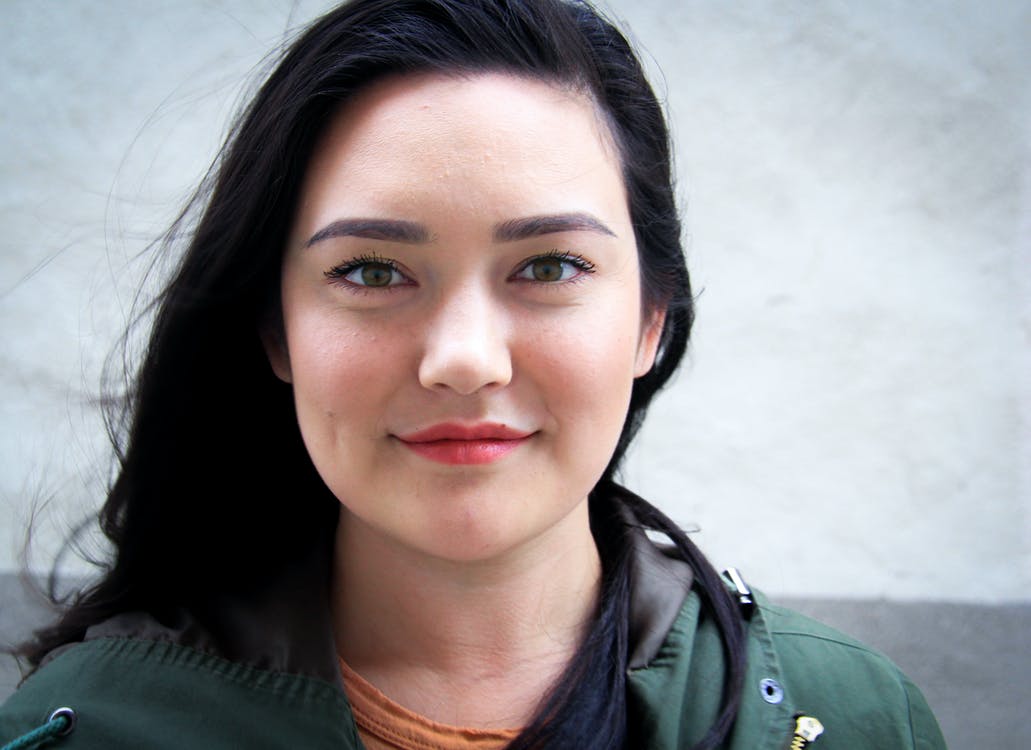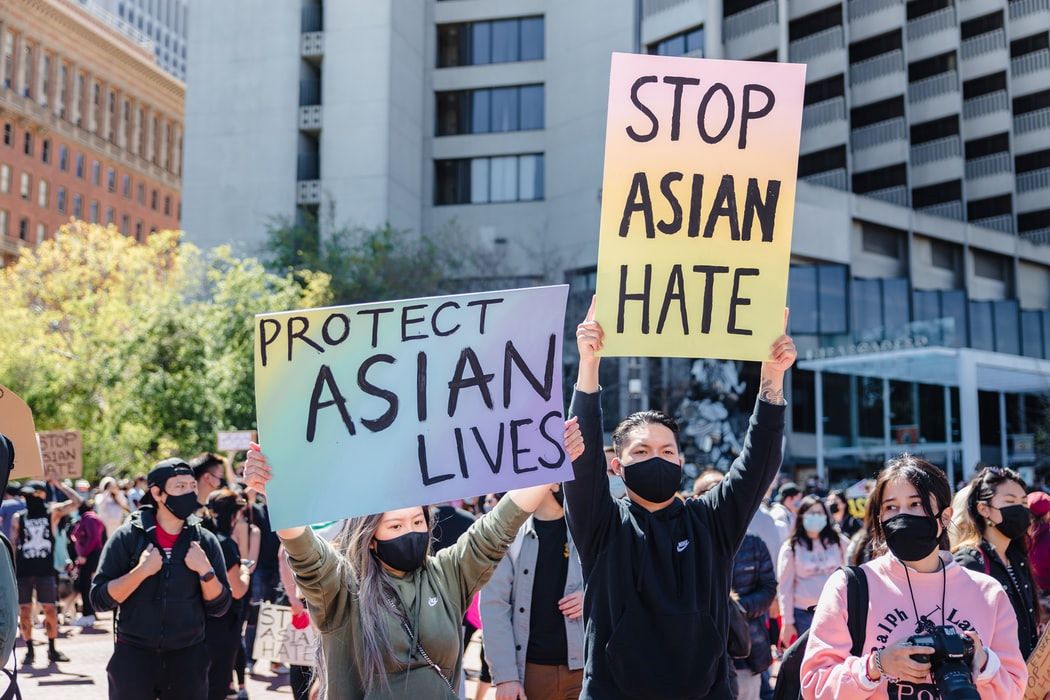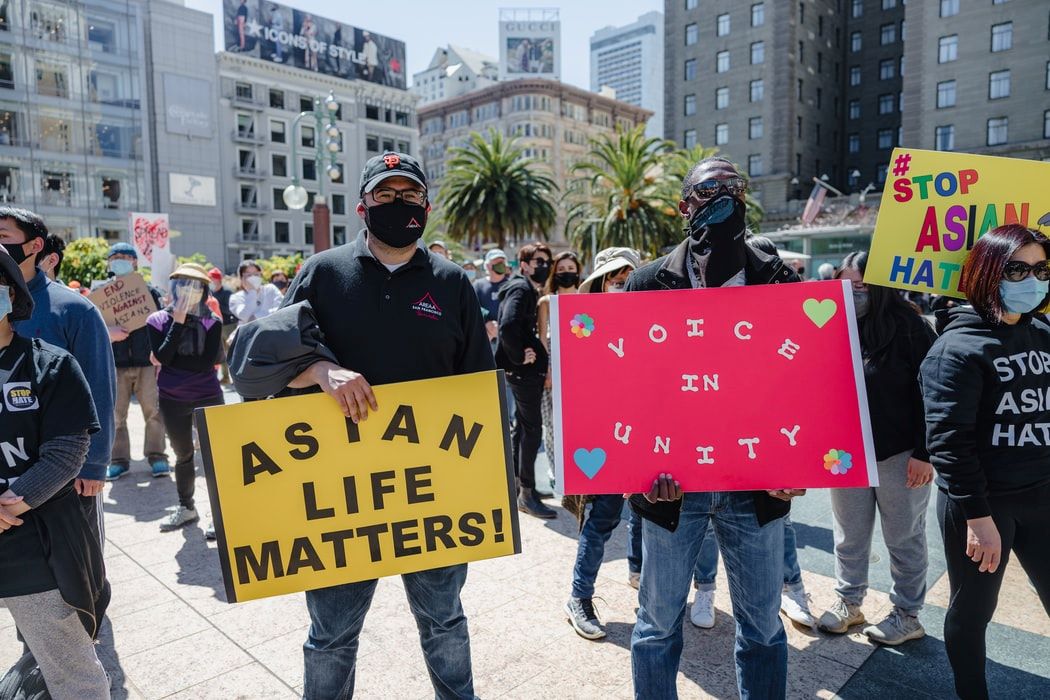The Asian Actor:
New opportunities, and a new awakening
(By Tonya Tannenbaum)

(Photo: Hannah Nelson | Pexels)
On March 16, 2021, a gunman walked into Young’s Asian Massage in Acworth, Georgia. The massacre that followed sent shockwaves across the country.
After going on a rampage at Young’s, the gunman quickly moved on to two other spas nearby. When he was done, eight people would tragically lose their lives, including six women of Asian descent.
The incident, along with thousands of other incidents of violence against Asian Americans across the country, fueled the recent #stopasianhate campaign. It led to famous Asians speaking out like never before. It even led to President Biden taking action to combat hatred against the AAPI community.

(Photo: Jason Leung | Unsplash)
But what will it mean for how Asians are portrayed in entertainment, going forward? And, consequently, what will it mean for Asian American actors and actresses?
The Latino Actor: The Uphill Battle for Representation and Inclusion
The entertainment industry has long had a problem with accurately, and respectfully, portraying minorities. Whether it was white actors in “red face”, portraying Native Americans as savages, or white actors in “blackface”, making a mockery of African American features, culture and intelligence.
For Asian Americans, American cinema brought “yellow face”. Classic films like Breakfast at Tiffany’s (1961), for example, feature white actors playing Asian characters, often painting an unflattering portrait of Asians. And movies like Sixteen Candles (1984) ingrained images of Asians as comical caricatures into the minds of many Americans.
“You don’t understand how important representation is, until you see it and realize you’ve been missing it your whole life.”
(Awkwafina)
The way in which Asian Americans are represented in pop culture is an important part of this story. Portrayals of Asian men as lacking masculinity, Asian women fetishized as submissive and servile, and Asian Americans, in general, portrayed as professionals exclusively, while lacking personality and individuality, help shape perceptions that harden over time.
Contributing to these perceptions is the concept of the “model minority”. According to this concept, Asians are expected to be quiet and passive, as compared with other minority groups, on issues like race, discrimination and inequality.
The result of these kinds of stereotypes has led to a persistent underrepresentation and misrepresentation of the Asian American experience. In the end, Asian actors are often pigeonholed into playing nondescript, tokenism roles like “doctor”.
As actor Randall Park (Always Be My Maybe, 2019) put it, in an interview with Time Magazine:
“The roles weren’t super offensive, but when you look back and realize how many doctors you play, you think, O.K., that’s how they see us.”
Here are some statistics that demonstrate the uphill battle Asian Americans face in their fight for accurate and equal representation.
*According to The Asian American Performers Action Coalition (AAPAC), in the 2018-19 theater season in New York City, Asian American actors were cast in just 6.3% of all roles.
*Recent studies indicate that Asians make up about 1% of leading roles in film and television, even though they make up 6% of the US population.
*Only two actors of Asian heritage have ever won an Academy Award
*According to the U.S.C. Annenberg Inclusion Initiative, of the top 100 films of last year, 37 didn’t include a single Asian character with a speaking role, despite many of those films being set in cities with large Asian populations, like San Francisco and Los Angeles.
The good news: progress is being made. Roles and films featuring Asian American actors and Asian dominated casts, once a rarity (such as 1993’s Joy Luck Club or George Takei’s Star Trek role), are becoming more and more commonplace.
A slew of successful projects, from ABC’S Fresh off the Boat, Netflix’s Always Be My Maybe, and films like The Farewell and Minari, point to a much brighter future for the Asian actor. Crazy Rich Asians (2018), which earned $238 million at the box office, prove that all-Asian casts can be just as bankable as any other group.
“I am proud to be Asian! I belong here!”
(Sandra Oh)
Actress Sandra Oh became the first actress of Asian descent to be nominated for the Primetime Emmy Award for Outstanding Lead Actress in a Drama Series for her role in Killing Eve. Indian-American actor Aziz Ansari was awarded Best Actor in a Television Series, Musical or Comedy by the Golden Globes. And, at the 2021 Oscars, Yuh-jung Youn became the first Asian to win an Academy Award for Best Supporting Actress.
 (Photo: Jason Leung | Unsplash)
(Photo: Jason Leung | Unsplash)
“There is that sense of hope that we can unify and create a process that is genuine and that is real for the next generations that come behind us,” remarked Brian Tee, the Japanese-born American actor who stars in Chicago Med.
It remains to be seen what the recent spike in Anti-Asian violence, and the opposition to it, will mean for the future of Asian representation in entertainment, or what it will mean for Asian actors. What is clear is that the door that used to be closed on discussions concerning the accurate portrayal of Asian Americans has been blown wide open.
You Might Also Like:
The Latino Actor: The Uphill Battle for Representation and Inclusion



